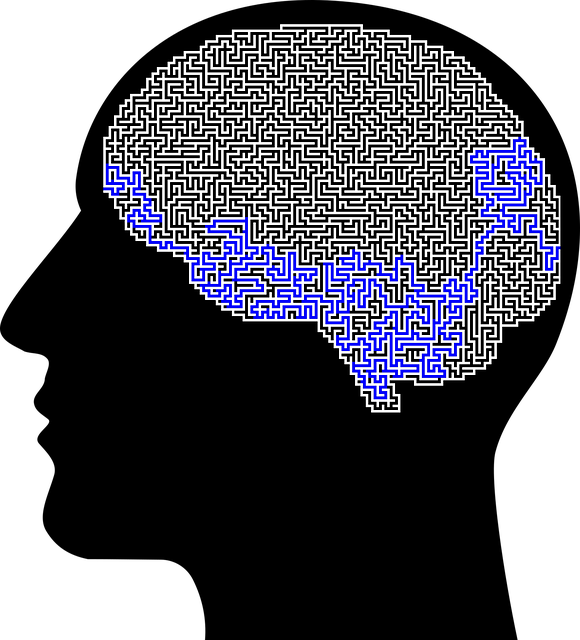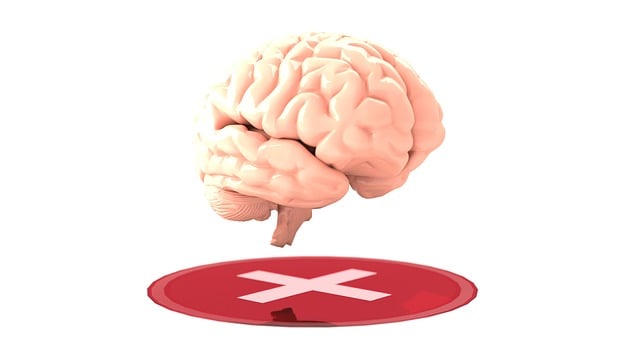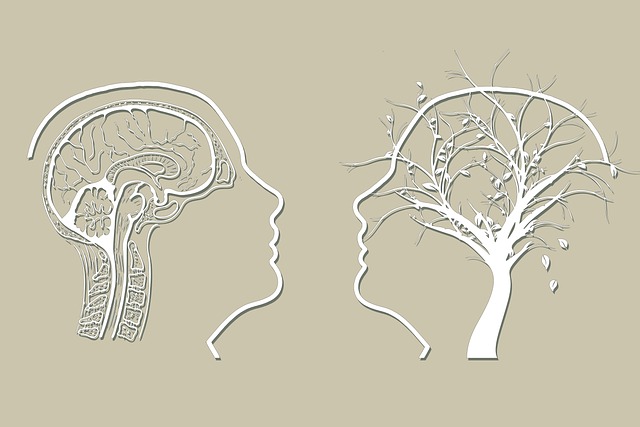Mental illness stigma significantly affects young adults, exacerbating existing issues or causing new ones due to academic pressures, career aspirations, and social expectations. To combat this, tailored trauma-informed therapy, mental health awareness campaigns, and supportive policies are essential. Specialized therapies like EMDR and CBT empower young adults to manage PTSD symptoms effectively. Community engagement through workshops, peer support groups, and educational programs challenges stigma and fosters open dialogue. Sharing success stories of young adults overcoming mental illness through therapy humanizes struggles and inspires hope, encouraging emotional regulation and recovery. These strategies collectively aim to create an empowering environment that prioritizes young adults' emotional well-being.
Mental illness stigma remains a significant barrier to young adults seeking help. This article delves into the multifaceted approach to reducing this stigma, exploring the unique challenges faced by young adults with mental health issues and the profound impact of trauma. We discuss effective therapy approaches tailored to this demographic, emphasizing early intervention. Through community engagement and education, we examine strategies to foster understanding and reduce judgment. By sharing recovery stories, we empower individuals on their journeys towards healing and hope, highlighting the transformative power of support and acceptance in addressing mental illness.
- Understanding the Stigma Surrounding Mental Illness in Young Adults
- The Impact of Trauma on Mental Health and Why Early Intervention is Crucial
- Effective Therapy Approaches for Young Adult Survivors of Trauma
- Strategies to Reduce Stigma: Community Engagement and Education
- Celebrating Recovery: Sharing Success Stories to Empower Others
Understanding the Stigma Surrounding Mental Illness in Young Adults

The stigma surrounding mental illness can be particularly acute among young adults, a demographic that has seen rising rates of anxiety, depression, and other psychiatric disorders. This age group often faces unique challenges, including academic pressures, career aspirations, and social expectations, which can exacerbate existing mental health issues or contribute to the development of new ones. The perception of weakness or personal failure associated with mental illness can deter young adults from seeking help, leading to prolonged suffering in silence.
Efforts to reduce this stigma must address these specific concerns. Therapy for young adults with trauma-informed approaches has proven effective in fostering mental wellness through journaling exercises and emotional intelligence guidance. By normalizing conversations about mental health and advocating for supportive mental health policies, we can create an environment where young adults feel empowered to prioritize their emotional well-being. Through increased awareness and understanding, we can break down the barriers that prevent individuals from accessing crucial care and support.
The Impact of Trauma on Mental Health and Why Early Intervention is Crucial

Trauma can significantly impact an individual’s mental health, often leading to various psychological challenges and disorders if left unaddressed. Young adults, in particular, are vulnerable to the long-lasting effects of traumatic experiences due to their developmental stage and exposure to stressful situations like academic pressures, interpersonal relationships, and personal losses. Early intervention is crucial in mitigating these impacts and fostering resilience.
The initial steps towards recovery often involve therapy tailored for young adults who have experienced trauma. Through evidence-based therapeutic approaches, individuals can develop self-awareness exercises to process past traumas effectively. Additionally, learning stress management techniques and risk management planning can empower them to navigate challenging situations healthily. Mental health professionals play a vital role in these early intervention strategies, ensuring that young adults receive the necessary tools and support for their mental well-being.
Effective Therapy Approaches for Young Adult Survivors of Trauma

For young adult survivors of trauma, specialized therapy approaches are crucial to effectively address their unique needs and challenges. One promising method is Eye Movement Desensitization and Reprocessing (EMDR), which has gained significant recognition in recent years. EMDR combines exposure therapy with guided eye movements, helping individuals process traumatic memories and reduce associated distressing emotions. This approach allows young adults to work through their past experiences while simultaneously desensitizing themselves to the intense feelings linked to trauma, fostering resilience and emotional recovery.
Additionally, cognitive behavioral therapy (CBT) has proven effective in treating various mental health issues, including post-traumatic stress disorder (PTSD). CBT focuses on identifying and changing negative thought patterns and behaviors. By teaching young adults coping strategies tailored to their traumatic experiences, CBT empowers them to manage symptoms effectively. The integration of these evidence-based therapies into treatment plans, alongside public awareness campaigns development and empathy building strategies, can significantly contribute to the reduction of stigma surrounding mental illness and enhance support for trauma survivors. Furthermore, risk assessment for mental health professionals is essential to ensure a safe and supportive environment during therapy sessions.
Strategies to Reduce Stigma: Community Engagement and Education

Reducing stigma surrounding mental illness requires a multifaceted approach, and community engagement plays a pivotal role. By fostering open dialogues and educating the public, we can challenge stereotypes and increase understanding. Community events, workshops, and peer support groups offer safe spaces for individuals to share their experiences, dispel myths, and connect with others who may be facing similar challenges. These initiatives empower people to recognize the signs of mental distress and encourage them to seek appropriate help without fear of judgment.
Education is a powerful tool in stigma reduction. Incorporating mental health education into school curricula ensures that young adults, particularly those dealing with trauma, receive early intervention and support. Teaching coping mechanisms, emotional awareness, and resilience can equip individuals with the skills needed for mood management. Additionally, training healthcare providers on cultural competency ensures sensitive and effective care, addressing barriers in access to therapy for young adults with trauma-related issues. Mental health policy analysis and advocacy also contribute to systemic changes, ensuring that mental illness is treated with the same urgency as physical health conditions.
Celebrating Recovery: Sharing Success Stories to Empower Others

Sharing success stories of individuals who have overcome mental illness is a powerful tool in reducing stigma and inspiring hope. These narratives serve as a celebration of recovery, showcasing the resilience of young adults who have navigated their trauma through therapy and personal growth. By highlighting real-life examples, we can humanize mental health struggles and challenge societal perceptions. When people read or hear about others achieving stability and well-being, it empowers them to envision a similar future for themselves.
Incorporating such stories into educational platforms, support groups, or even personal blogs, provides guidance and exercise in emotional regulation. The act of sharing can also encourage young adults who are struggling to reach out for help, whether that be through therapy or other mental wellness practices. Conflict resolution techniques learned during therapy sessions become valuable tools as these individuals transform their challenges into opportunities for growth, ultimately fostering a more supportive community for everyone dealing with mental health issues.
Mental illness stigma reduction is a multifaceted approach that requires community engagement, education, and sharing of recovery stories. By understanding the impact of trauma on mental health, early intervention strategies, and effective therapy approaches like those tailored for young adult survivors, we can foster inclusive environments. Celebrating recovery through success stories empowers individuals to seek help without fear of judgment, ultimately enhancing accessibility to quality care and support for young adults facing mental health challenges, including those who have experienced trauma. This holistic approach ensures that more young adults receive the therapy for young adults trauma they need and deserve, paving the way for a healthier, more supportive society.














